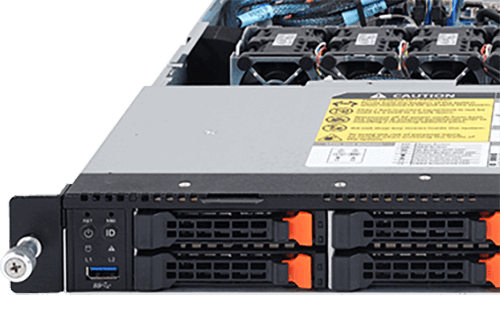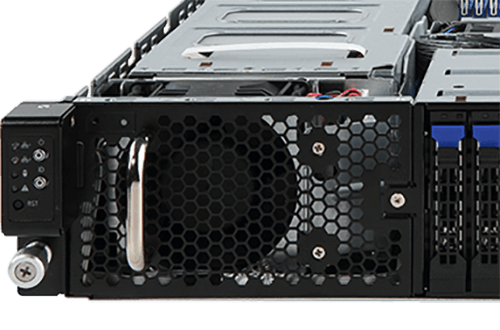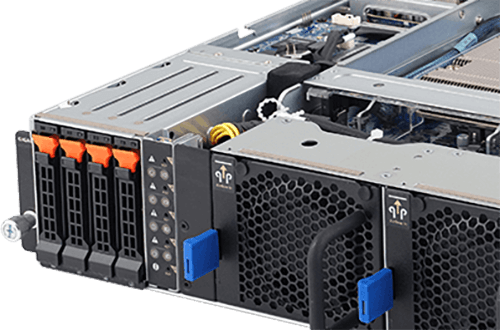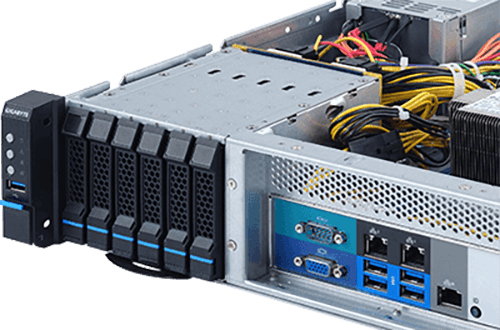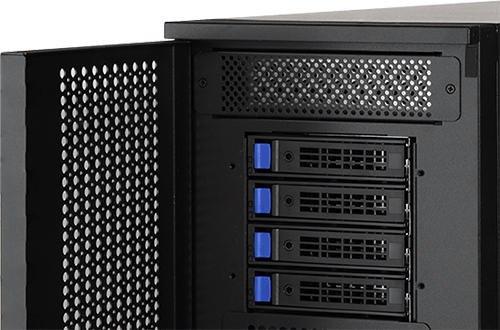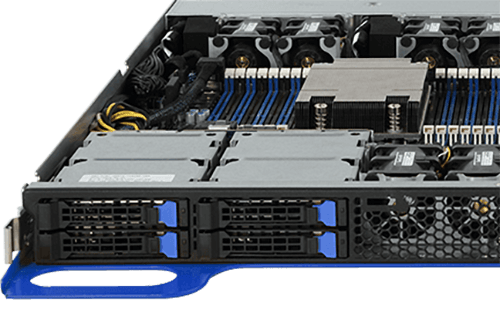Success-Case
To Empower Scientific Study, NTNU Opens Center for Cloud Computing
High performance computing has a critical role to play in modern-day scientific research. The College of Science at Taiwan Normal University anticipated the importance and rapid development of HPC. It purchased GIGABYTE servers to establish the Center for Cloud Computing on its campus, with an eye toward completing research projects more quickly and cultivating professionally trained experts in the field.

The College of Science at Taiwan Normal University is a prestigious institute of science education, famed for having some of the best talent and most comprehensive sets of equipment in the country.
Producing Weather Simulations and Forecasts in a Flash with HPC Systems

Radar data and other information gathered
from meteorological observations can be used by the Center for Cloud Computing
to make weather simulations and predictions. (Images provided by Dr.
Chung-Chieh Wang, the Department of Earth Sciences, NTNU)
The Center for Cloud Computing Expedites Scientific Discoveries

GIGABYTE high density servers provide optimal performance and flexible scalability.
Unlocking the Servers' Potential with Leading Structural Design

Using materials provided by GIGABYTE, NTNU offered HPC management courses to cultivate more
experts in the field.
NTNU Trains HPC Experts with Solutions and Support from GIGABYTE
Continuous Development of HPC Set to Make a Lasting Impact
Get the inside scoop on the latest tech trends, subscribe today!
Get Updates
Get the inside scoop on the latest tech trends, subscribe today!
Get Updates







